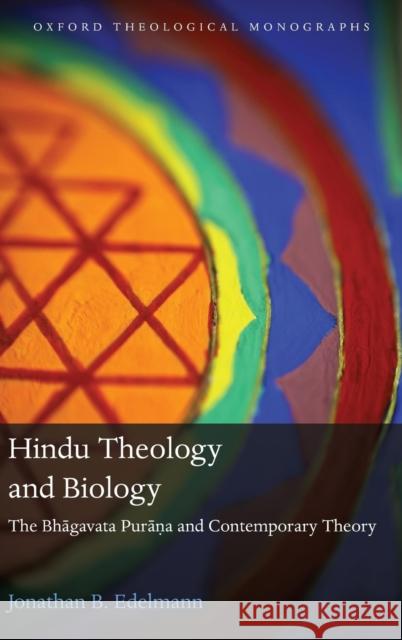Hindu Theology and Biology: The Bhagavata Purana and Contemporary Theory » książka
Hindu Theology and Biology: The Bhagavata Purana and Contemporary Theory
ISBN-13: 9780199641543 / Angielski / Twarda / 2012 / 320 str.
Winner of the 2015 Dharma Academy of North America Book Award for Excellence in Constructive Theology, Philosophy and Critical Reflection
Western intellectual history has benefited from a rich and sophisticated conversation between theology and science, leaving us with centuries of scientific and theological literature on the subjects. Yet the Hindu traditions are virtually unused in responding to the challenging questions raised in the science and religion dialogue. This book replies to the sciences by drawing from an important Hindu text called the Bhagavata Purana, as well as its commentaries, and philosophical disciplines such as Samkhya-Yoga.
One of the greatest challenges facing Hindu traditions since the nineteenth century is their own self-understanding in light of science and technology. Hoping to establish the conceptual foundations for a mutually beneficial dialogue between the Hindu Theologies and the Western Sciences, Jonathan B. Edelmann faces that challenge directly. Since so much of the Hinduism-science discussion is tangled in misconstrual, Edelmann clarifies fundamental issues in each tradition, for example the definition of consciousness, the means of generating knowledge and the goal of knowledge itself. He argues that although Darwinian theory seems to entail a materialistic view of consciousness, the Bhagavata's views provide an alternative framework for thinking about Darwinian theory. Furthermore, Edelmann argues that objectivity is a hallmark of modern science, and this is an intellectual virtue shared by the Bhagavata. Lastly, he critiques the view that science and religion have different objects of knowledge (that is, the natural world vs. God), arguing that many Western scientists and theologians have found science helpful in thinking about God in ways similar to that of the Bhagavata.











